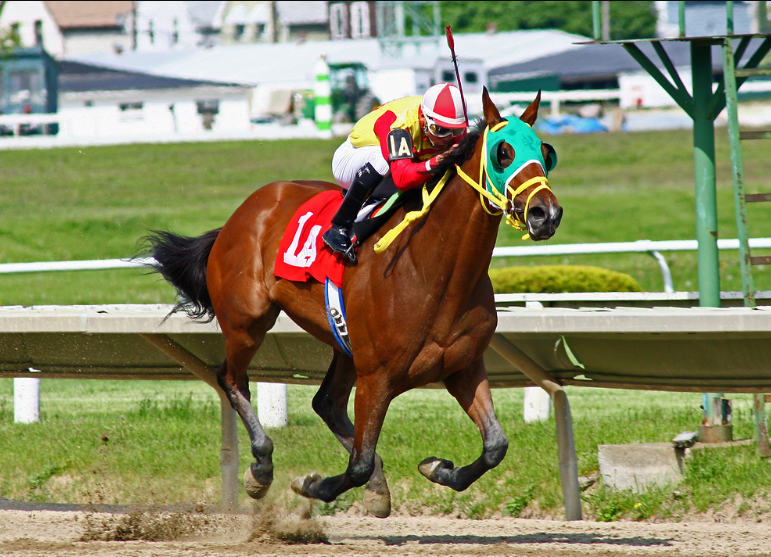The Role of Jockeys: How They Help Racehorses Win

Jockeys play an indispensable role in the world of horse racing. Their training equips them with the skills necessary to enhance a horse’s performance. Beyond physical abilities, the relationship between jockeys and their mounts is pivotal. Effective communication and strategic decision-making can make the difference between victory and defeat. This intricate dynamic raises questions about how these elements interact to influence race outcomes. What truly separates a winning jockey from the rest?
The Importance of Jockey Training
Jockey training serves as the cornerstone of a successful racing career, shaping the skills and instincts necessary for navigating the complexities of the racetrack.
Emphasizing jockey fitness, this rigorous preparation enhances endurance and agility. Moreover, it equips riders with essential race tactics, allowing them to make split-second decisions while riding.
Ultimately, comprehensive training fosters the synergy between jockey and horse, crucial for achieving victory.
See also: cplemairepmu
Techniques Used by Jockeys During Races
Navigating the frenetic energy of a race requires a mastery of various techniques that can significantly influence the outcome.
Jockeys employ whip techniques to motivate their horses, balanced with a keen awareness of their body language.
Subtle shifts in posture and grip communicate intent, guiding the horse’s movements and maintaining optimal speed, ultimately enhancing performance and steering the race toward victory.
The Jockey-Horse Relationship
The bond between a jockey and their horse is a complex interplay of trust, communication, and understanding.
Effective jockey communication fosters a relationship where both parties thrive. This trust-building process requires consistent interaction, allowing the jockey to gauge the horse’s responses and preferences.
Such synergy not only enhances performance but also cultivates a sense of freedom and partnership, essential for success on the racetrack.
Strategic Decision Making in Racing
Strategic decision making in horse racing can significantly influence the outcome of a race, as various factors come into play during those critical moments on the track.
Jockeys employ diverse race strategies, assessing competitors, track conditions, and their horse’s strengths.
Effective pace management is essential, ensuring that energy is conserved for the right moment, ultimately determining the horse’s success in crossing the finish line first.
Conclusion
In conclusion, the role of jockeys extends far beyond mere riders; they are pivotal in shaping a horse’s racing success through rigorous training, strategic acumen, and deep connections. For instance, consider the partnership between legendary jockey Frankie Dettori and the racehorse Enable. Their synergy exemplified how a jockey’s expertise in timing and positioning can elevate a horse’s performance, resulting in historic victories. Ultimately, the art of jockeying is a blend of skill, trust, and tactical insight that drives racing excellence.





